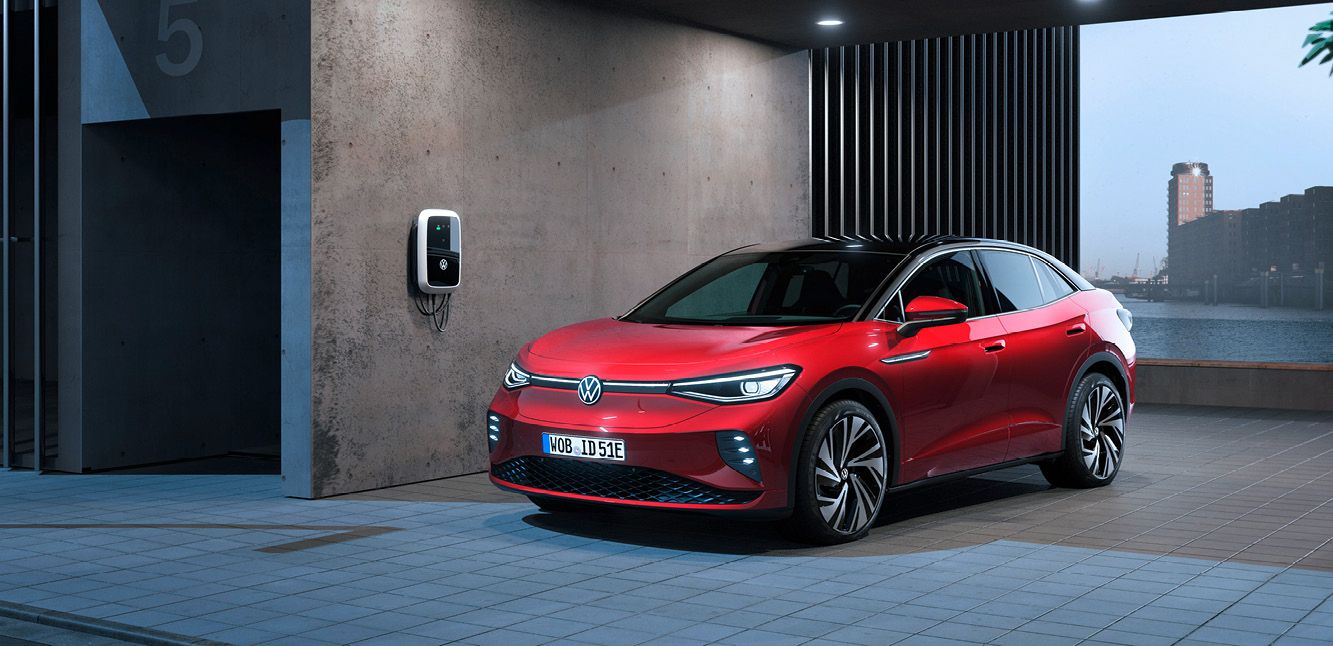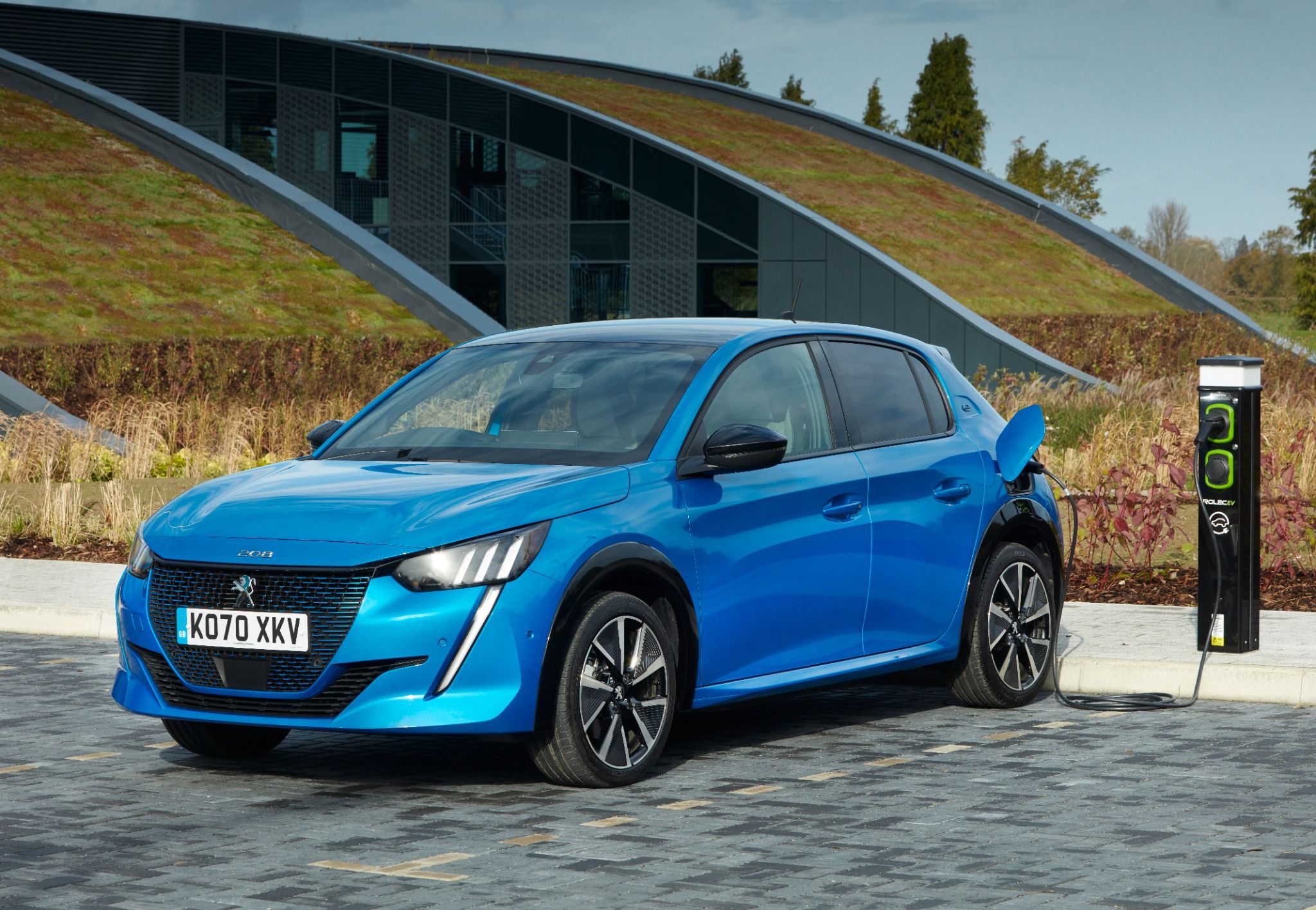It’s bad enough when your phone battery hits 20% and you get the dreaded ‘battery low’ message flash up on your screen. Seeing ‘battery low’ when cruising down the M6 at 70mph? We wouldn’t want that to happen to anyone. However, we’re here to put those range worries to rest. In honour of World EV Day, celebrated annually on 9th September, we wanted to assure you that range anxiety needn’t be something that stops you from purchasing your next electric car - and with the change to electric becoming more of a reality every year, it’s important we learn as much as we can about electric cars before making the jump.
What is range anxiety?
Some people may have experienced range anxiety when their fuel gauge depletes to almost 0 - there’s nothing worse than seeing your fuel range say ‘60 miles’ when you have no idea whether that’s true or not. It’s no secret that most electric vehicles don’t have as much range as your typical ICE petrol or diesel cars and a lot of consumers are concerned that an electric vehicle wouldn’t be able to get them from A to B without running out of charge - and this is where range anxiety comes into play.
Range anxiety can be defined as the fear of running out of battery or not being able to find a charging point before the driver runs out of charge and they’re left stranded. There are a couple of reasons that this anxiety can come about; the fear that there aren’t enough charging points en route to top up the battery or that the battery will run out very quickly in the middle of your journey. Planning your journey before you set off on your travels, so you can mark potential stopping points, is a sure-fire way to put these worries to the back of your mind.


How to fight range anxiety in electric cars
Whilst range anxiety is a well-known phenomenon, this may be partially due to the fact that consumers don’t know much about electric cars because there’s not enough information out there to ease their worries. We’ve collated a number of reasons that you shouldn’t have to experience range anxiety and how you can fight against it, whilst giving you peace of mind that turning all electric is not as bad as perceived:
You can a find a charging station no matter where you are
Those who converted to electric vehicles when they first hit the scene may have had something to worry about, but that’s certainly not the case anymore. As electric cars are becoming more important to sustainability, infrastructure is slowly changing to accommodate this initiative. You may have noticed on your travels that more and more car parks are introducing electric car charging ports that take up a large amount of space. That should be a sign that you don’t need to worry - even supermarkets are adapting to the electric car market! Many service stations along the motorway now include charging stations in the car park, so you are always going to have somewhere safe and reliable to charge your car battery. The majority of your charging will happen at home anyway.
You can plan ahead to find the charging stations
Planning your journey is a given anyway, but it’s always best to find out where your nearest charging stations will be all the way along your route. It’s also a good idea to plan ahead should all of the charging stations be in use when you get there - this is highly unlikely, but during busier or commuting hours, you may find it difficult to find a free port. Take a look at other services you could go to just to be on the safe side. You can also use Zap Map, which details every charging station in the UK. The president of the AA, Edmund King, said that only 2.5% of their EV breakdown callouts are for flat batteries, but he expects this to reduce further to 1% - this is a very similar statistic to the percentage of petrol and diesel cars that break down due to running out of fuel.

You can charge whilst you are taking a break or working
Most drivers top up with petrol or diesel and wait until the tank is almost empty before topping up. In a world that prioritises convenience, knowing you can start your commute every day with a full tank is the dream - and for electric car owners, it’s a reality. With EVs, you can leave home every morning with a full ‘tank’ if you’ve charged it overnight.
Taking a break on your long journey is imperative to ensure that you rest from driving, especially if you are tired or have been on the road for some time. If you need to stop off at any point, many service stations have charging points that allow you to charge your car whilst you are taking a break. Many cars can charge up to 80% full in half an hour (from very low charge). Many places you visit or commute to on a regular basis now offer electric charging points, so there is no risk of you running out of battery. This includes workplaces, retail car parks, public car parks, restaurants and hotels.
Putting your EV on charge is very different to filling up an ICE
It’s a well-known fact that charging your EV is significantly cheaper than topping up with fuel. On the contrary, fuelling up is a lot faster than EV charging. When you put your car on charge, you’re multitasking - taking a break and doing whatever you need to do while topping up the battery at the same time. When you need to refuel, you need to top up as well as take a break - you can’t do both at the same time, it’s one after the other. EVs offer a completely different experience to an ICE and one that offers convenience and sustainability.

The range of an EV is ideal for your commute
Arguably one of the most common concerns for EV cars is based around the range that an electric car can manage in one commute. Whilst this has been a concern for many from the start, it didn’t need to be, even in the early days of EV manufacture when batteries didn’t have as much range. For example, the Nissan LEAF was one of the first electric cars on the market in 2010 and even with a range of only 109 miles, it would still be able to cover a decent amount of road before recharge. In reality, the average UK driver doesn’t travel more than 20 miles a day. Today, EV batteries can do significantly more than 109 miles - some even boasting over 300 miles. This should only be taken into consideration if you don’t charge your vehicle regularly - but even if you don’t, you don’t need to worry.

EV batteries last a lot longer than you think
Batteries are important for any device and the longevity of them is sometimes how we decide on what device we buy. Some devices haven’t lasted us long and it gets to a point where we can no longer rely on them to be there when we need them most. Take your for or laptop for example - the battery deteriorates as soon as the warranty runs out. EV batteries are built differently though - they can last between 10 and 20 years before they’ll ever need replacing!
Manufacturers have designed batteries to last a long time and although batteries are prone to losing charging capacity, EV batteries are slow to do this - on average, they lose 2.3% per year. Should you ever need to replace a battery, there is no need to worry - most EV manufacturers will offer a warranty between 5-10 years or up to 62,000 miles, whilst some offer warranties purely for your peace of mind.
Start your electric vehicle journey with Swansway today
There’s no need to worry about the range that your electric car can manage on your commute. Infrastructure is quickly changing to keep up with the times, which means that you’ll never be too far away from your nearest charging station, no matter where you are. Browse through our electric vehicles today to find the perfect car to suit your commuting needs.
